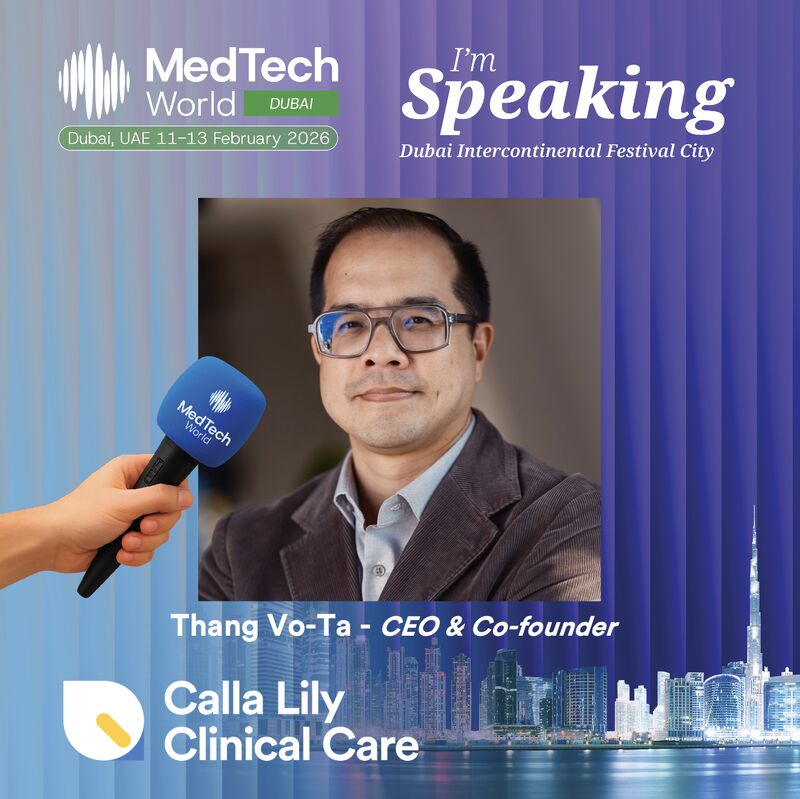“Ozempic Babies” and Menopause

The British menopause society has recently released guidance that women using the ever-so-popular GLP-1 agonists such as Ozempic & Mounjaro, and who are also taking oral progesterone for endometrial protection – should probably be switched to a transdermal or vaginal versions of progesterone. Why? I’ll try to explain via the “cutesy” hashtag making its way around social media.
#Ozempicbabies
What’s this referring to? Well, it turns out thatGLP-1 agonists used for weight loss and diabetes management, are causing some women to lose weight… but then spend the next 9 months gaining weight. Why? Because they are unexpectedly getting pregnant.
Now this is a problem on several levels. Firstly, who the hell wants another kid? Just kidding. If you were struggling with fertility and losing weight to try and increase your chances of conceiving, well this could be a very happy surprise. On the other hand, if you already drive a minivan littered with empty juice boxes, single socks, and crushed goldfish crackers– you may not be so thrilled.
From a medical standpoint, unexpected pregnancies are concerning because we don’t yet understand the effects of these medications during pregnancy and on the developing baby. The advice is to stop taking GLP-1 agonists at least 2 months before trying to conceive. In fact, the UK recently issued a recommendation that women using GLP-1’s should use a back-up method of nonhormonal contraception during treatment.
What do you care about all this if you are past your baby-making days? Well, if you are taking estrogen for hormone replacement (which I do)and you have a uterus (which I do not), then you should also be taking progesterone for endometrial protection. What this means is that the estrogen can stimulate the lining of the uterus and, if not balanced out with a little progesterone, can lead to endometrial overgrowth, bleeding and possibly endometrial cancer. When this bagless upright still had her uterus, I popped a progesterone pill as prescribed and didn’t think twice about it.
Good thing I wasn’t on a GLP-1!
Back to the “Ozempic babies.” Why is this all this happening? It may be for a few reasons.
- Obesity can affect fertility (and not just in women!)
- These drugs themselves may affect ovulation
- Hormonal contraception may not be as effective. Eli Lilly has released data showing a pretty hefty reduction in absorption of common oral contraceptives.
GLP-1s work partly by slowing down the absorption of food. But they also slow down the absorption of medications. Including things like, say, your birth control pill. Or your endometrial protection progesterone. Hence the guidance.
Menopausal women seem to be an important demographic for the makers of GLP-1 agonists. If you’re like me, menopause brought a few unwanted pounds, partly due to lifestyle and partly due to hormonal shifts. It might be that you want to give these meds a try. If so, discuss it with your doctor. They aren’t for everyone and have contraindications and complications like every medication. But it you do decide they are right for you and are on oral progesterone, remember to ask your doctor about that too.
References
https://health.clevelandclinic.org/ozempic-babies
https://pubmed.ncbi.nlm.nih.gov/38339186/




